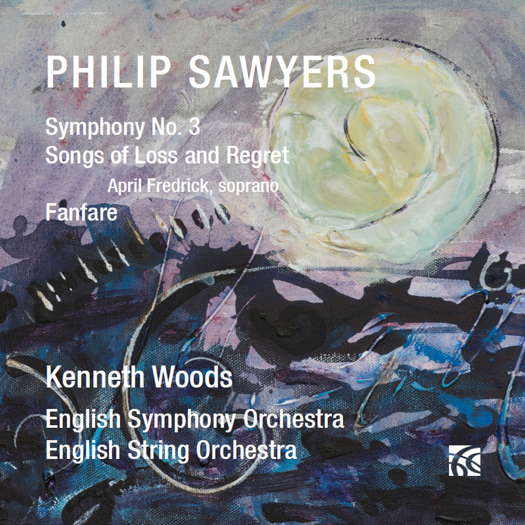- Istituto Discografico Italiano
- Glossa
- Meyerbeer
- Wilfrid Mellers
- Zhou Guangren
- Luca Salsi
- Aldeburgh Festival
- George Lykogiannis
Another Case of Mendelssohn's Influence?
MIKE WHEELER listens to Verdi and Borodin from the Victoria String Quartet at the Buxton Festival
The Victoria String Quartet, founded in 2017, comprises Benedict Holland, one-time leader of Sinfonia Viva, David Greed, who stepped down as leader of the Opera North Orchestra last year, viola-player Heather Wallington, and cellist Jennifer Langridge - St John's Church, Buxton, UK, 9 July 2023.
Verdi seems to have tried to write off his E minor String Quartet as unimportant, but it has showed remarkable staying power over the years. He wasn't, of course, the first great Italian opera composer to engage with string chamber music. How well did he know Donizetti's quartets, or Rossini's string sonatas? In spite of his disclaimer - 'I don't know if it's good or bad, only that it's a quartet' - he clearly understood how to put a string quartet together.
The players brought out the vocal quality at several points, not least the opening of the first movement, balancing driving energy with a light touch. They found the plaintiveness in the second movement, making it almost a valse triste. Beethoven and Felix Mendelssohn seem to preside jointly over the Scherzo with, unlikely as it may seem, even a hint of Bruckner. All this came across, with the cello melody singing out in the trio section. The intricacies of the finale's fugal writing were duly relished, keeping a steady course between the serious and the light-hearted in music that, in spirit at least, hints tantalisingly at the great closing number of Falstaff.

The Victoria String Quartet. From left to right: David Greed, Jennifer Langridge, Heather Wallington and Benedict Holland. Photo © 2022 Tim Williams
Borodin's Second String Quartet was less of an off-piste excursion for its composer, however much his colleagues in 'The Five' may have disapproved. As in the Verdi, the Victoria Quartet made the start of the first movement sound particularly beguiling, bringing a deft touch to the tranquil final bars.
The bubbling second movement is surely another case of Mendelssohn's influence, a composer Borodin is known to have admired. The great swaying tune in the trio section had an appropriately seductive air, and the neat pay-off was a delight.
The third movement, 'Notturno', is really a love duet for the cello and first violin. Langridge and Holland were eloquent, both separately at the beginning, then when Borodin brings them together in canon. Wallington's husky viola solo was also a notable contribution to the conversation, as was Greed's when the violins share the spotlight later.
In the finale, Borodin pays his dues to Beethoven, echoing the question-and-answer routines in the last movement of his Op 135 Quartet. The scurrying energy that dominated the rest of the movement was handled with great dexterity.
Copyright © 24 July 2023
Mike Wheeler,
Derby UK





